The over reliance on PCR COVID tests over nimble rapid antigen tests has been a “waste of taxpayer money,” and a risk to public health say critics.
With COVID well into its fourth wave, with potential fifth waves on the horizon, a combination of testing, vaccinations and personal protection remain the best defences to prevent infection, says Iqbal Sunderani, CEO of BTNX, a Markham biotechnology company that provides tests globally.
But, he says, PCR tests are not the gold standard in a pandemic where time is of the essence and Prof. David Juncker, chair of biomedical engineering at McGill University’s Genome Centre agrees.
“At say $100 each, PCR tests are a total waste of taxpayer money,” Sunderani says. “It’s better to send a test to a home if they need one. Let them test. If it’s positive they send someone over to get a swab but the person doesn’t go out and infect others.”
Ontario alone has spent more than $1.8 billion on 18 million PCR tests to date while the federal government had been reluctant to approve rapid tests which can cost as little as $1 each. Some of that has changed but rapid tests still aren’t available for self-testing.
Juncker also says rapid tests are a better option over PCR tests.
“Rapid tests are great to find out if people are ‘infectious,’ which from a public health perspective is really all that matters,” he says.
“After getting infected, there is a short incubation time, and then one rapidly accumulates a high load of virus within the body, often before symptoms appear, and can infect others. The virus then lingers on…so PCR tests are good to indicate if someone is infected (or has been infected), but as they are costly, and the result slow, they are inefficient at breaking chains of infections.”
Part of the issue, says Juncker, is that home testing is sorely needed just as testing at workplaces is needed for asymptomatic patients and those with some symptoms.
“Germany, there are well over 100 rapid antigen tests that are approved, and 60 that are for self-testing, but Health Canada only approved tests for testing by a medical professional,” he says.
“There is one test for home use, but it is not a pregnancy-type rapid test and requires an instrument.”
At construction sites especially, antigen tests which search for protein markers specific to COVID, provide a rapid screening of workers before they enter. With the recent Ontario labour board ruling that such tests are not an unreasonable infringement, it’s expected that more sites will demand not only proof of double vaccination but rapid test screening.
“Rapid tests are thus very efficient when taken regularly, notably because they can be taken before entering the premise, and if positive, the person can be isolated immediately,” says Juncker.
There is considerable discussion in the medical community around how best to test for COVID with Canada lagging the rest of the world in approving rapid tests.
PCR tests, which involve the insertion of a long swab into the back of the nasal cavity are considered the “gold standard” by some in the medical community but they have their own issues, says Sunderani.
“You only get a PCR test if you are symptomatic, which means you could infect everyone you come in contact with on the way to the hospital,” he says.
“Then it takes up to two days or more to get your result and you could still be infecting others.”
Accuracy is also an issue sometimes with false positive results, he added. Since the PCR test picks up dead COVID cells.
While rapid tests weren’t initially approved, Health Canada did green light them last spring and in August started distributing 2.5 million rapid tests for workplace screening.
However, acceptance remains an issue.
The federal government still requires a recent PCR test for those flying into Canada which at $100 to $200 each is an additional financial penalty on families taking vacations or businesses trying to decide what tests employees should have, especially if they are not double vaccinated.
Juncker urged Health Canada to update their regulatory approval guidelines and recognize rapid COVID-19 tests as a public health tool and get more self-administered tests on the market.
“The criteria Health Canada set for approval for rapid tests are overly stringent and, considering we are in a pandemic, misguided,” he says. “Last time I looked, they are also not consistent with the use of rapid tests as a screening tool, and not conducive to approval of tests, and very onerous for applicants. In short, a very high entry barrier.”
He says Health Canada should look at the approval certificate process in Europe to speed things up.
“The compromise so far is that they have shipped them to companies only where they are administered by some trained staff, or to schools as well, but there’s still no self-testing,” Juncker adds.
“PCR testing is critical for making therapeutic decisions, but for public health they are expensive, too slow and require the isolation of many people who were infected, but are not infectious. To cut chains of infection, I want to know here and now if someone is a risk to others.”


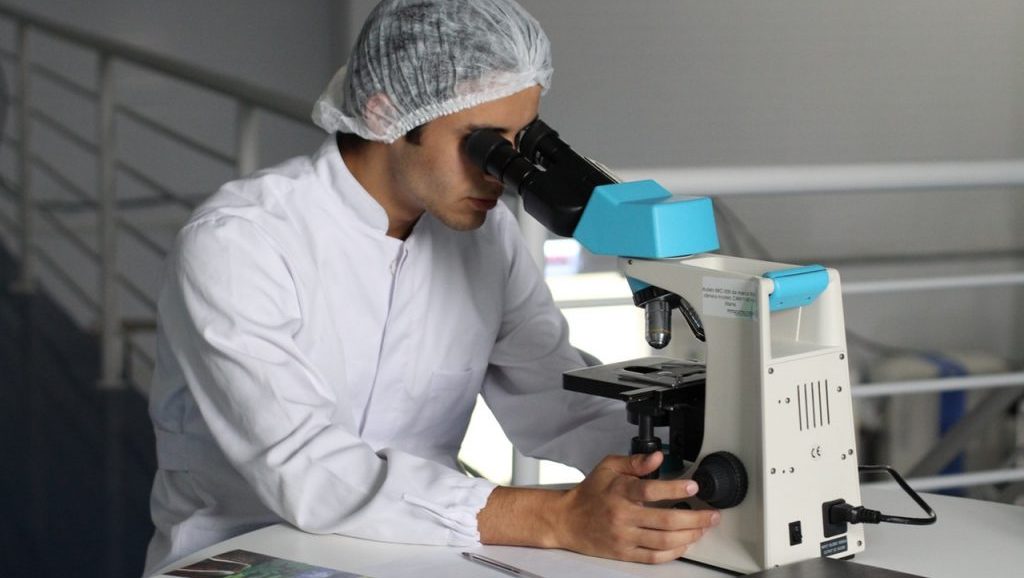
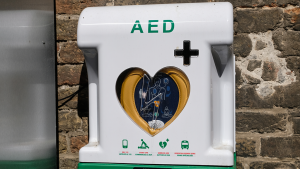
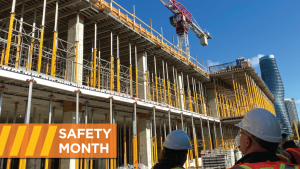
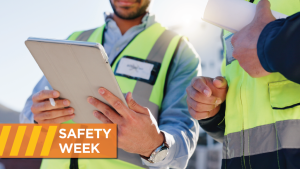


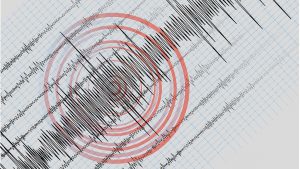
Recent Comments
comments for this post are closed